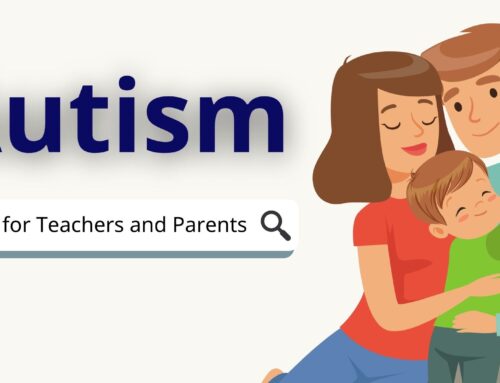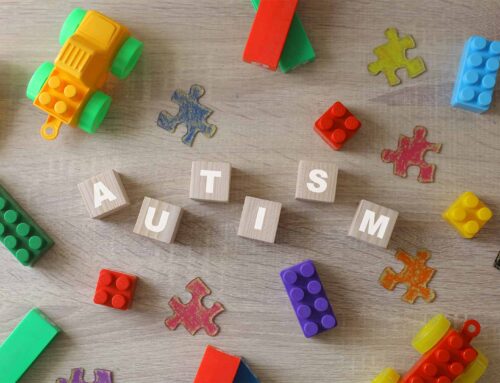Autism spectrum disorder (ASD) is a neurodevelopmental condition that affects communication and behavior. People with ASD may have difficulty with social interaction, communication, and repetitive behaviors. There is no one-size-fits-all definition of ASD, and the severity of symptoms can vary widely from person to person.
ASD can be diagnosed at any age, but it is most commonly diagnosed in early childhood. Early diagnosis and intervention can lead to better outcomes for children with ASD.
Signs and symptoms of ASD
The signs and symptoms of ASD can vary widely from person to person. Some common signs and symptoms include:
- Difficulty with social interaction, such as making eye contact, understanding facial expressions, and taking turns in conversation
- Difficulty with communication, such as using language to communicate needs and wants, and understanding what others are saying
- Repetitive behaviors, such as hand flapping, rocking, and lining up objects
- Sensory sensitivities, such as being oversensitive to noise, light, or touch
Diagnosing autism
There is no single test to diagnose ASD. Doctors will typically use a combination of methods to make a diagnosis, including:
- Developmental and behavioral assessment: The doctor will ask the child’s parents or caregivers about the child’s developmental history and behavior. The doctor may also observe the child’s behavior during the appointment.
- Autism screening tools: There are a number of autism screening tools that can be used to help identify children who may be at risk for ASD. These tools are typically used in conjunction with a developmental and behavioral assessment to make a diagnosis.
- Diagnostic interview: The doctor may conduct a diagnostic interview with the child and their parents or caregivers to learn more about the child’s symptoms.
Autism evaluation process
The autism evaluation process can vary depending on the child’s age and the specific concerns of the parents or caregivers. However, a typical evaluation process may include the following steps:
- Initial consultation: The doctor will meet with the child and their parents or caregivers to discuss their concerns. The doctor will also ask about the child’s developmental history and behavior.
- Developmental and behavioral assessment: The doctor will observe the child’s behavior and conduct a developmental assessment. This assessment may include asking the child questions and observing their play skills.
- Autism screening tools: The doctor may use one or more autism screening tools to help identify children who may be at risk for ASD.
- Diagnostic interview: The doctor may conduct a diagnostic interview with the child and their parents or caregivers to learn more about the child’s symptoms.
- Diagnosis: Once the doctor has gathered all of the necessary information, they will make a diagnosis. If the doctor determines that the child has ASD, they will discuss the diagnosis with the parents or caregivers and develop a treatment plan.
Importance of early diagnosis and intervention
Early diagnosis and intervention can make a big difference in the lives of children with ASD. Early intervention can help children with ASD develop skills to communicate, interact with others, and manage their behavior. It can also help them reach their full potential.
If you are concerned that your child may have ASD, talk to your doctor. Your doctor can help you determine if your child needs an autism evaluation.
Additional tips for diagnosing autism
- Be honest with the doctor about your concerns. The more information the doctor has, the better equipped they will be to make a diagnosis.
- Bring your child’s developmental records to the appointment. These records can help the doctor track your child’s progress and identify any areas of delay.
- Ask the doctor about autism screening tools and diagnostic interviews. These tools can help the doctor make a more accurate diagnosis.
- Get a second opinion if you are not comfortable with the doctor’s diagnosis. It is important to get a diagnosis from a qualified professional.
Diagnosing autism can be a complex process, but it is important to get a diagnosis so that your child can receive the support they need. If you are concerned that your child may have ASD, talk to your doctor.





Leave A Comment